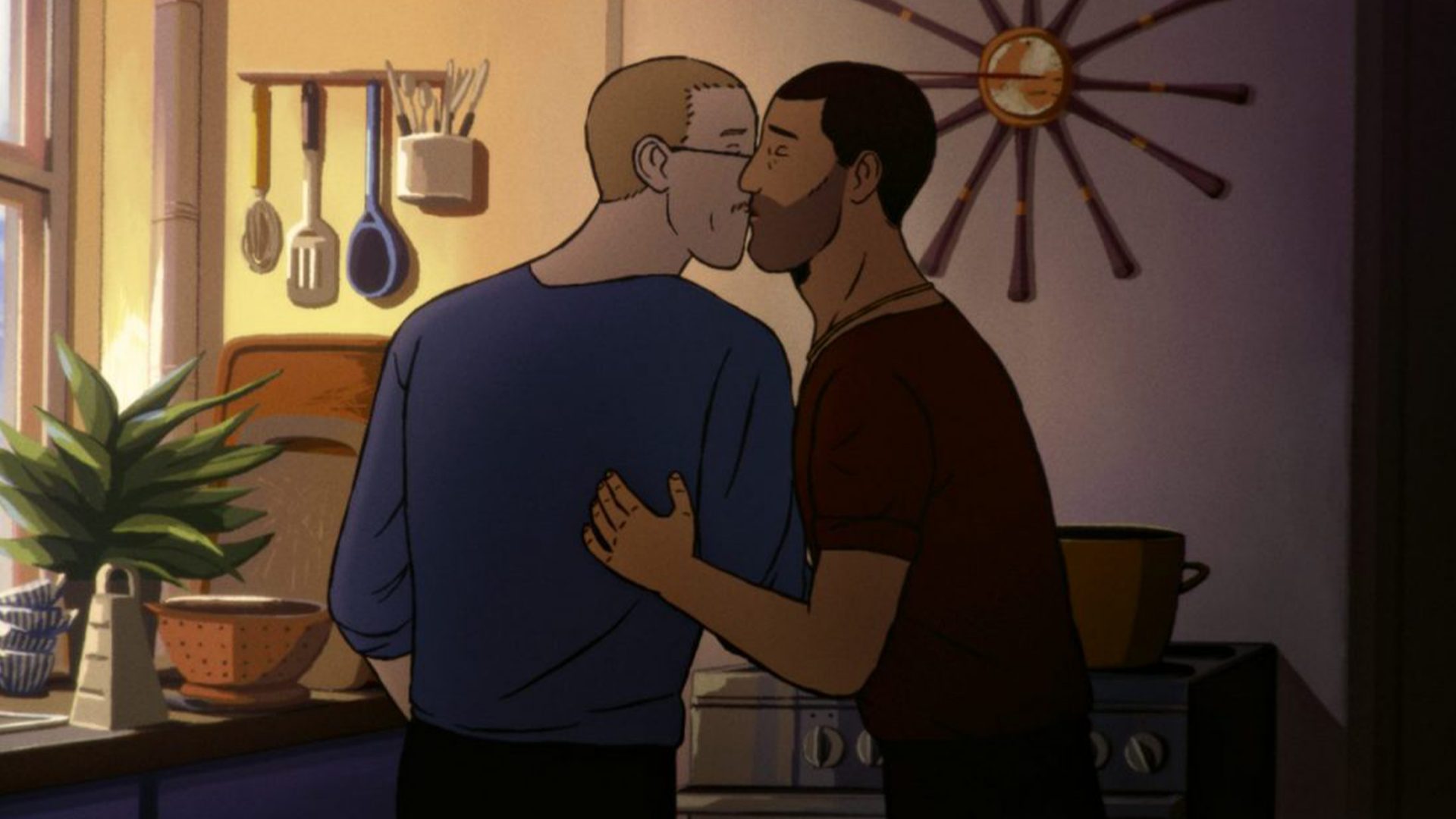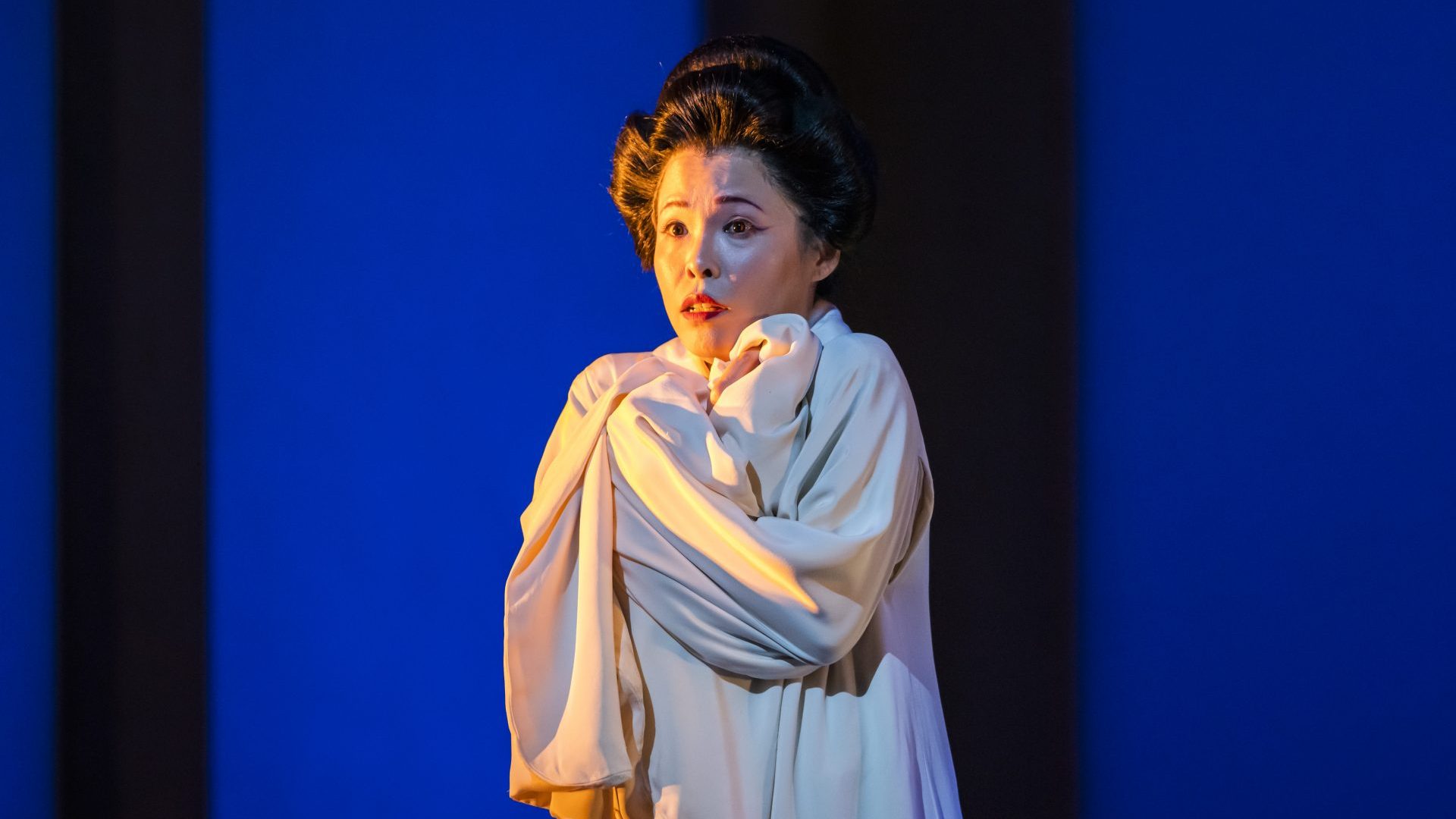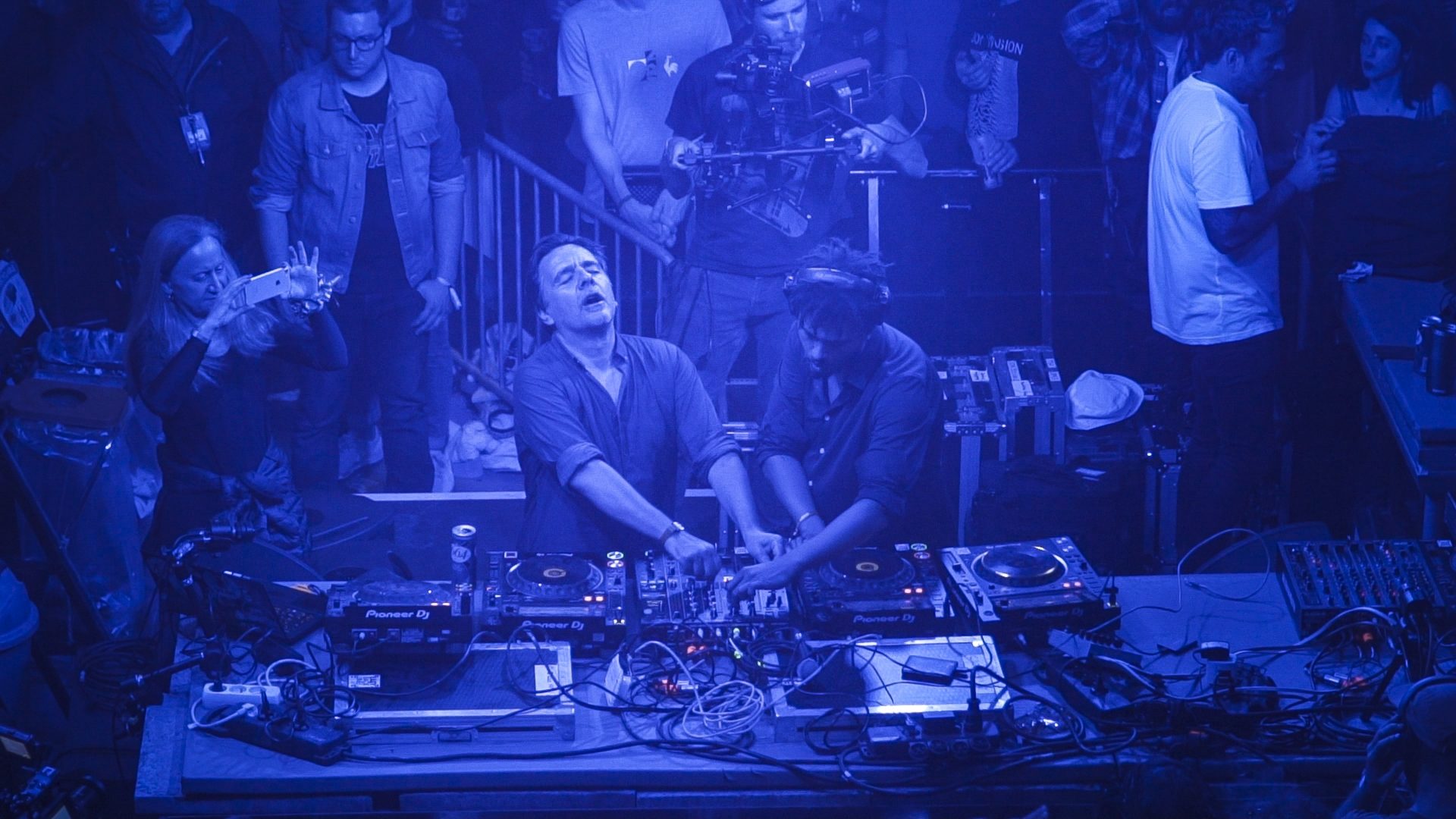We have become extremely talented at dehumanising one another. It’s not
surprising – it is part of the job of the Home Office to make people who live
in Britain view those who don’t already live here as a threat. They want us to
see people who are seeking refuge, or who simply want to move here, as enemies.
Britain is not unique in this regard, but it is particularly disgusting that a nation which aggressively occupied so much of the world is now pretending
to be so amazingly independent, and so benevolent. Well, sorry Britain, but
you have never been anything without your immigrants, and the more
uncomfortable you make us, the more you fade into history as a failed project.
Flee is the best representation of what it really means to be a refugee that I have ever seen. It’s an animated documentary about a man named Amin, who fled Afghanistan as an adolescent, and now lives in Denmark. The film is largely told through animation and audio, with some archival footage interspersed to give political and cultural context.
This beautifully drawn and produced work isn’t exactly what it seems at first glance. It would be a worthy project to simply want to humanise the experience of being a refugee, for instance. But what happens here is so much more than simply “humanising”.
This film works as a meaningful rebuttal to the idea that anyone should even have to humanise a person who comes from a different part of the world. A person who is as sympathetic and vulnerable and fallible as you or I – except they happened to be born in a country we aren’t familiar with and are frightened by and ignorant of. Why should they have to beg to be perceived as people rather than images? Are we so oblivious?
The idea of “the refugee” is so distilled and so simplified and so reductive. I grew up in Ireland, for instance, with Africa as a whole reduced to little charity boxes that the nuns put out. A nun who I guess in retrospect was very elderly and maybe was at the beginning of dementia, would look into our lunchboxes every day and inspect them for remains – if we had a crust uneaten she would say, “I wish I could send all your leftovers to Africa on a magic carpet”. As though the whole continent was dependent on the crusts of working-class Catholics.
We are so eager to believe that anyone from a war-torn country is less than us in some way, because it is too horrifying to truly understand that our luxury of living easily and without constant violence is a matter of pure luck, and we deserve our peace no more than others deserve their violence.
One of the most moving things about Flee is the portrayal of the decades of anxiety after leaving the immediate terror. Bodies contain so much knowledge and expectation. Amin knows logically that he will not be seized in the middle of the night, and yet material knowledge means nothing at all when your body knows the reality of the world. His body knows more than ours do, that nothing you expect can be counted on, that government is only a translucent idea that can be torn apart as easily as a cobweb, that safety is only a shared hope and not a reality.
And the real horror of Amin’s life once he is a stable adult, is that he was forced to falsify his genuine trauma just to gain access to the social order,
as so many refugees are, and was forced to live inside a lie for so long. He was alienated from those who loved him the most because of this, he was traumatised twice over.
The reason for this is that we have somehow come to the conclusion that basic ordinary things which at one time in history were taken as given, are now seen as luxuries we have to fight for. To be entitled to his place in society, Amin could not merely be in mortal danger, but needed to prove that he was ruined in all sorts of ways.
This seemed to me a particularly relevant and disturbing part of the contemporary story – that we must exhibit our devastation to one another to be worthy of humanity. But actually, we are all human.
Even the worst people alive deserve dignity. The withdrawal of humanity and dignity is, more often than not, the cause of violence rather than the punishment – and the continued disgust towards those we give the least to, naturally, inexorably leads to their further alienation.
How can it be true that we see providing healthcare, housing, and shelter as optional? Something must change, our priorities must urgently change.
Flee is streaming on Disney+




